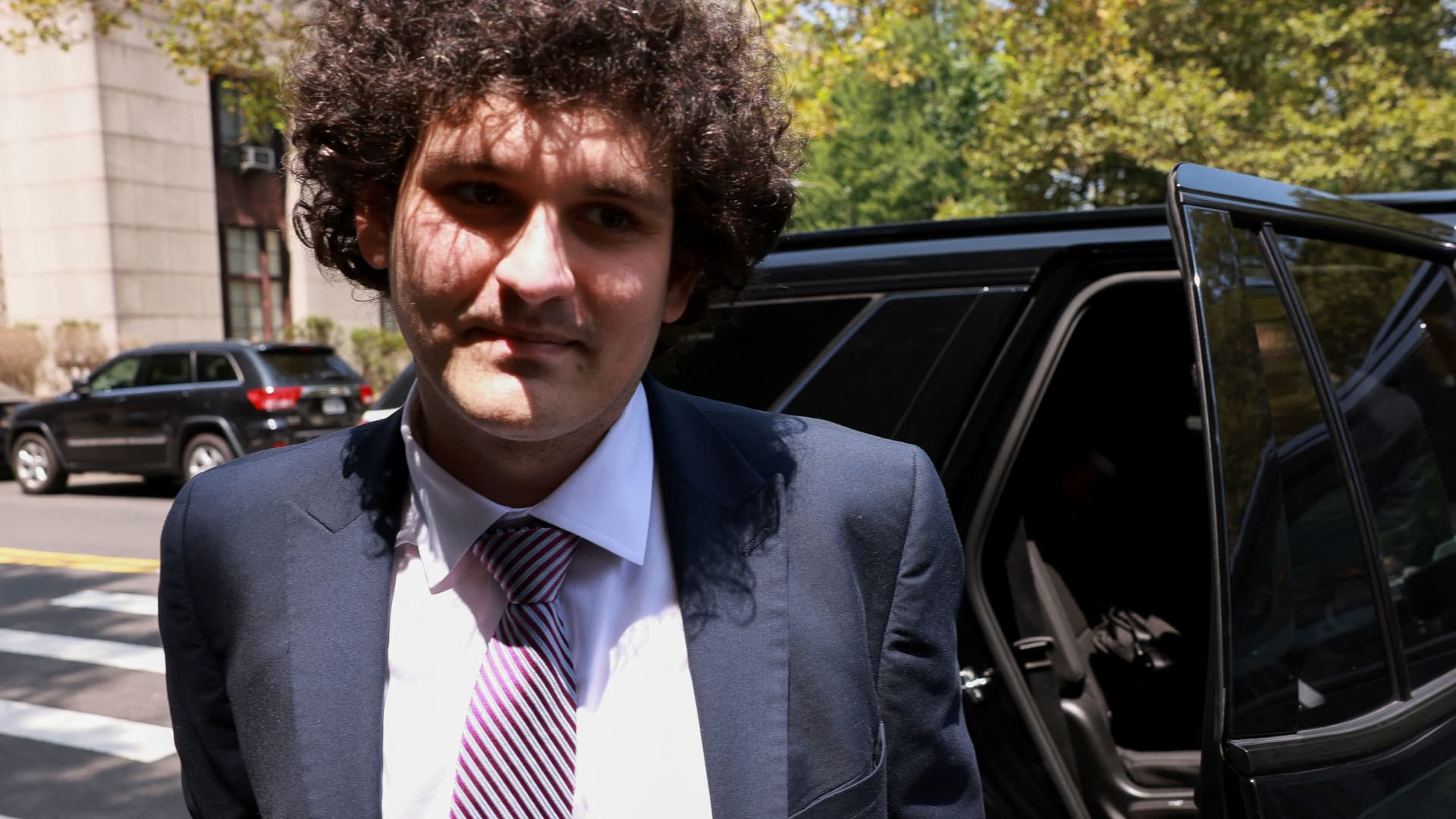The recent decision by the prosecutors not to pursue a second trial against Sam Bankman-Fried has stirred even more interest in the highly publicized case. Following a conviction on multiple criminal counts, including wire fraud, conspiracy to commit securities and commodities fraud, and money laundering, the FTX founder now awaits sentencing. With the possibility of facing over 100 years in prison, the focus has shifted to the impending sentencing and its potential impact on Bankman-Fried’s future. As the legal process unfolds, it raises questions about the severity of the outcome and the parallels drawn with similar high-profile cases.
The Latest Development: No Second Trial
After the extensive proceedings and a guilty verdict in the initial trial, the decision not to pursue a second trial against Sam Bankman-Fried was based on the extensive evidence that had already been presented. The U.S. government’s letter to Judge Lewis Kaplan highlighted that the evidence, including emails, texts, and photos, had been submitted during the first criminal trial, essentially diminishing the necessity of a second set of proceedings. This decision reflects the practical reality and emphasizes the public interest in promptly resolving the matter, ultimately leading to the forthcoming sentencing on the counts for which Bankman-Fried was convicted.
Understanding the Gravity of the Conviction
Sam Bankman-Fried’s conviction on various charges related to the collapse of FTX and its sister hedge fund, Alameda, has brought the question of potential prison time into focus. The severity of the crimes, including wire fraud, conspiracy to commit securities fraud, and conspiracy to commit money laundering, has led to speculations about the extent of the sentencing. While the statutory maximum sentence looms around 115 years, it is essential to consider the recommended guidelines that factor in the scale of the crimes and the defendant’s criminal history. The upcoming sentencing date on March 28, 9:30 a.m. ET, will determine the trajectory of Bankman-Fried’s future.
Implications of the Sentencing
As the sentencing date approaches, it becomes crucial to delve into the potential implications and considerations that will shape the final decision. The severity of the crimes and the impact on FTX customers, Alameda Research lenders, and FTX investors will likely influence the sentencing. The judge’s assessment of the harm caused, the overall quantum of the damage, and the necessity to promote
respect for the law will all contribute to the eventual outcome. While the federal sentencing guidelines may indicate a substantial prison term, the judge’s deliberation will encompass a comprehensive evaluation of all the circumstances surrounding the case and the defendant.
Comparisons and Parallels
The case of Sam Bankman-Fried has invited comparisons with other high-profile legal proceedings, highlighting the complexities and nuances of such convictions. Drawing parallels with Elizabeth Holmes, the founder of Theranos, and her sentencing to more than 11 years in prison, sheds light on the diverse outcomes of cases involving financial misconduct. Additionally, references to Bernie Madoff’s infamous case, where he was sentenced to 150 years in prison, provide a backdrop for understanding the potential consequences faced by individuals implicated in large-scale financial improprieties. These comparisons underscore the variety of factors that come into play when determining the appropriate sentencing for white-collar crimes.
The Road Ahead
As the legal saga of Sam Bankman-Fried unfolds, the impending sentencing will mark a significant juncture in this prominent case. The judge’s decision on the duration of the prison term will not only impact Bankman-Fried’s future but also send a broader message about accountability and consequences in cases of financial fraud and misconduct. The balancing act between punitive measures, deterrence, and acknowledgment of mitigating factors will shape the outcome, ultimately defining the path forward for the FTX founder.
In conclusion, the decision not to pursue a second trial against Sam Bankman-Fried has set the stage for the impending sentencing, stirring speculation and introspection about the implications of the conviction. As this legal saga evolves, it underscores the complexities inherent in cases of financial misconduct and white-collar crimes, offering insights into the intricacies of the legal process and the potential ramifications for individuals facing such convictions.
This article is based on information provided by www.cnbc.com.


